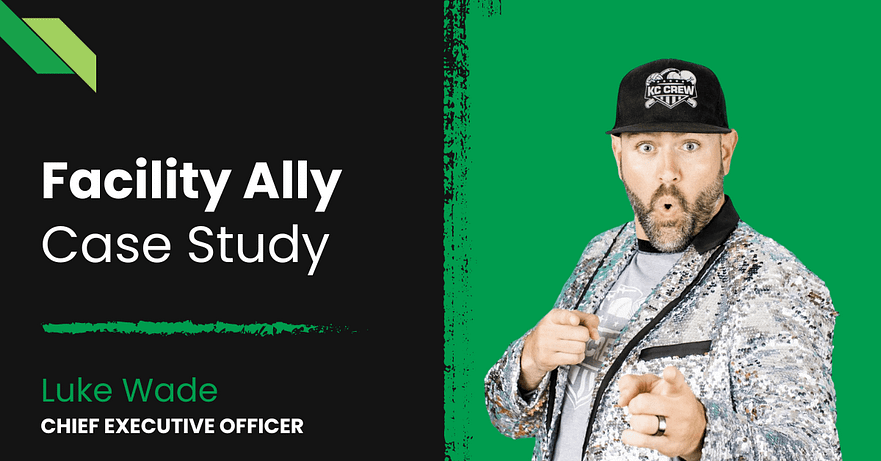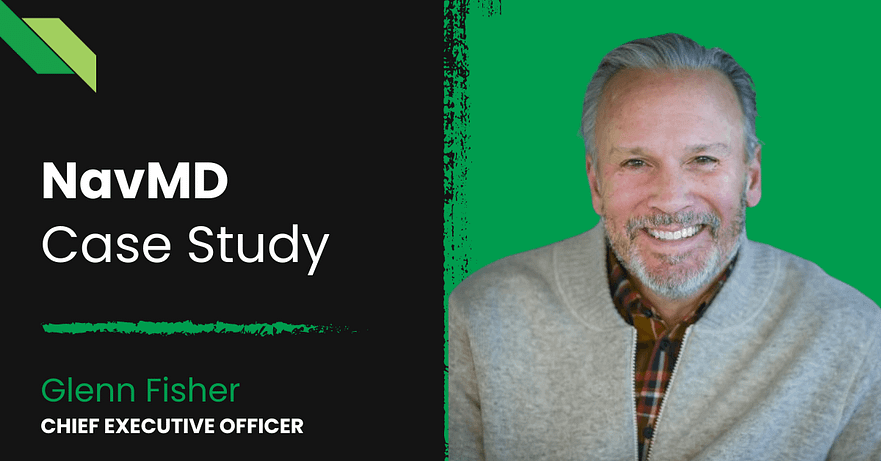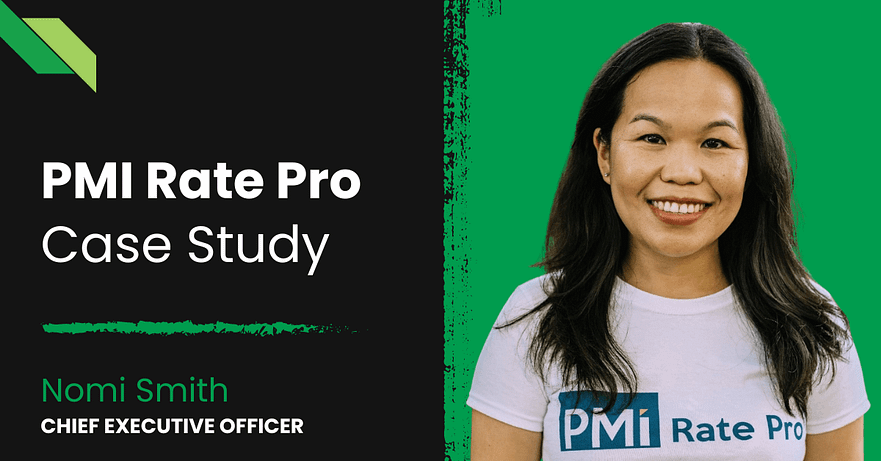What Does a Product Owner Do?
The product owner takes full responsibility for the outcome of a software development project. But what exactly does a product owner do? And how does one qualify for the role? Let’s learn more about this job title.
When it comes to software product development, the conceptualization is primarily based on the user’s needs. The product has to meet the standards and preferences of the customers. After all, it is the users who determine the success and longevity of a product in the market.
These days, trust and user experience are crucial elements in acquiring a strong user base. Your product must deliver what it promises to do. No matter how impressive your new product is, it will still fail if customers can’t use it properly. So, it’s important to constantly keep your customers in mind when building your product.
With that said, software development is dynamic and often involves drastic changes in plans. And with its complex process, the team can lose sight of their major goals. That is why it’s up to the product owner to keep the progress in line with the primary objectives.
Today, we’ll get to know more about how a product owner collaborates with the development team. First, let’s define the position of a product owner.
What is a Product Owner?
The simplest way to describe a product owner is to derive the idea from its name. This position takes ownership of the product and maximizes its value for the business. Let’s define the scope of that ownership.
Take for example an application like Adobe Photoshop. When you edit and save an image in the application, you’re utilizing parts of its many features.
And the more you can use it as a customer, the more effective it is as an application. In short, the product owner not only takes ownership of the app, but they’re also responsible for how it functions.
The product owner is heavily involved in the development cycle, guiding the team in building the features of the product.
Product Owner vs. Product Manager
The product owner role is often confused with the product manager. Although their duties are closely related, they have distinct areas of expertise. A product manager would focus on the product’s life cycle while the product owner focuses on its development.
It’s important to note that the responsibilities of a product manager may overlap with the product owner role. In small businesses, a product manager may become the product owner, along with several other responsibilities. Product managers in a growing company often take on multiple roles if there’s only one project to work on.
However, this setup won’t apply when the company scales. When the business expands and multiple teams are working on different products, a dedicated product owner for each project is necessary.
Product Owner in Software Development
Product owners represent the user’s side of development. They are in charge of developing the vision for the product and creating the strategy to achieve it. And their job is to ensure that the outcome of every development cycle meets those objectives.
Though a product owner’s tasks and functions vary based on the situation, they usually have numerous roles and obligations. They can get involved in multiple aspects of development such as business strategy and product design.
Furthermore, they also consistently communicate with stakeholders about the project, relaying updates from the team and vice versa.
To further understand the role of the product owner, let’s discuss their main responsibilities for both the user and the development team.
1. User Experience
In a development team, the product owner is considered as the customer or user expert. Product owners muster all the insights from the user’s perspective.
They need to gather all the information about the market, its trends, preferences, and other relevant information. This will help them create the development strategy, as well as determine which product backlogs to prioritize.
In every sprint, new features and functionalities are added based on what the users need. It is the product owner who will guide and assist the engineering team to adhere to the criteria and defined standards. The product owner decides when the user stories are complete.
2. Development Strategy
On the technical side, product owners lead sprints and participate in retrospectives in agile teams. It is their responsibility to oversee the implementation of the planned strategy and manage the tasks of the team. They develop the requirements and user stories, maintain the product backlog, and help the engineering team prioritize tasks.
How to Become a Product Owner
Now that we’ve learned more about the responsibilities of the position, let’s learn how one can qualify for it. Becoming a product owner would require specific training and certification.
Skills and Experience
Product owners are expected to have a range of leadership and technical abilities. The following is a list of qualities that employers look for when hiring a Product Owner.
- Proven track record of delivering products that meet or exceed corporate objectives.
- Excellent communication skills, with the ability to document user interfaces as necessary.
- Expertise in a certain product or market, as well as how to build solutions for that market. Specific industrial or technical knowledge should be included in subject matter expertise.
- Excellent cooperation abilities, particularly with persons who aren’t as communicative.
- Demonstrated ability to sway cross-functional teams without formal authority. It’s extremely crucial to be able to influence and collaborate with development teams.
Technical Qualifications
On top of excellent leadership skills, a product owner must also be technically qualified to manage the development cycle. The product owner is expected to possess an IT-related bachelor’s degree. Or any degree in an industry related to the product. Business training certification is also a plus point to the resume.
Furthermore, they must also undergo training depending on the type of development method they will work with. These are some of the certifications a scrum product owner can acquire:
- Intermediate level – Professional Scrum Product Owner I
- Advanced level – Professional Scrum Product Owner II
- Advanced (PSPO-A), Distinguished level – Professional Scrum Product Owner
Keep in mind that these certifications may not apply to all types of projects. It will depend on the framework and technologies you’ll be using.
Hire a Product Owner
Are you looking to hire a product owner for your project? Leadership roles in software can be hard to fill. The candidate should not only be a competent business leader, but also a qualified tech expert.
And in the software industry where there’s a shortage of talent, it’s going to be challenging to find experts. But take heart! There’s a better and more convenient way to hire tech experts.
Full Scale can help you find, hire, and manage the best people for your software development team. We specialize in vetting the top candidates and ensuring they’re the perfect match for your project.
We’ll take care of the tedious process that comes with recruitment and management. Our goal is to assist in building and scaling your business. We are passionate about seeing entrepreneurs meet their goals.
Ready to talk business? Let’s get talking! Contact us today.



